
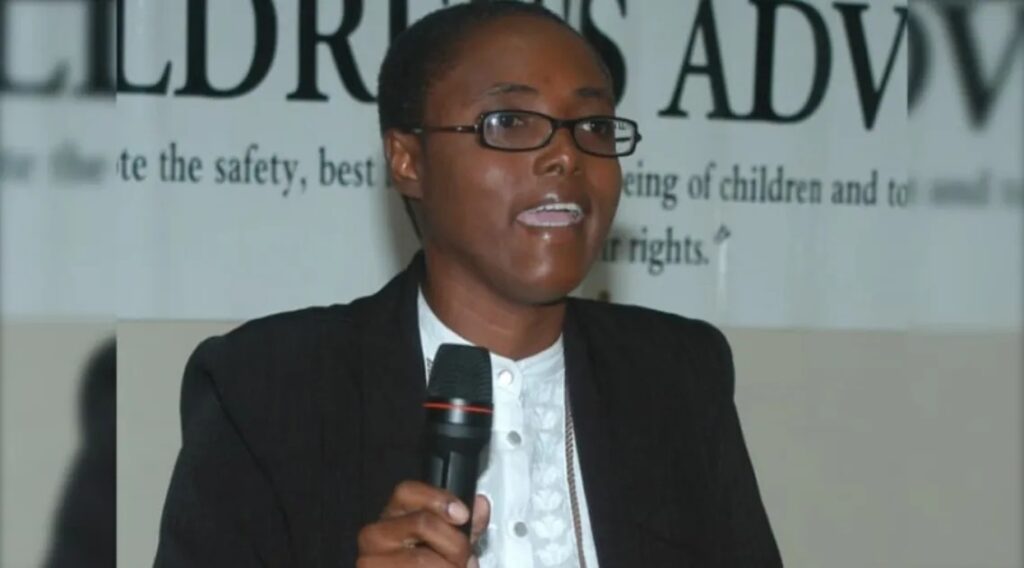
The circumstances surrounding the death of Parish Court Judge Ruth Lawrence are still unclear, although the police probing the matter have suggested that suicide is high on the list of possibilities.
The world knows by now that Judge Lawrence, 59, was pronounced dead at Falmouth Public General Hospital in the Trelawny parish capital last Tuesday, with rumours flying here, there and everywhere about how she met her demise.
It was a sad loss of a talent, for to me, judges at any level are special people, whose decisions can alter in a most significant way, the operations of a country. It is the judiciary, I believe, which is the most powerful arm of Government, although elected and appointed officials in political circles do not seem to accept that.
As is the case these days, personal details surrounding the death of the judge, gory in some instances, made the rounds on social media and traditional media, much to the chagrin of members of the Jamaica Bar Association, which largely speaks in the interest of attorneys-at-law in Jamaica.
I agree with the bar association that such information should never have been leaked to the public, but that is what the world has become. There are no longer any secrets in a situation like that, and the police must be blamed for allowing that sort of information to get out.
What the association might not have noticed, though, and it is unfortunate that there has been little or no comment from the organisation before, is that the public leak in question has become an everyday occurrence. So, there must be howls of protest by not only the Jamaica Bar Association, but also other organisations and individuals who are concerned about what is happening.
It is not a good look on the part of the police, and the commissioner ought to be not just deeply concerned about what is happening within his organisation, but must move to step on the big toes of those who continue to release personal information on victims, whether they are dead or are accused of committing offences, without being charged.
Interesting too, it was, that an autopsy was performed on the body of Judge Lawrence, less than 40 hours after she was declared dead. That was a good demonstration by the system that autopsies can and should be completed in a reasonable time … not in two (if a bereaved family is lucky), three or four months after an incident.
Learning from jockey Oneil Mullings’ demise
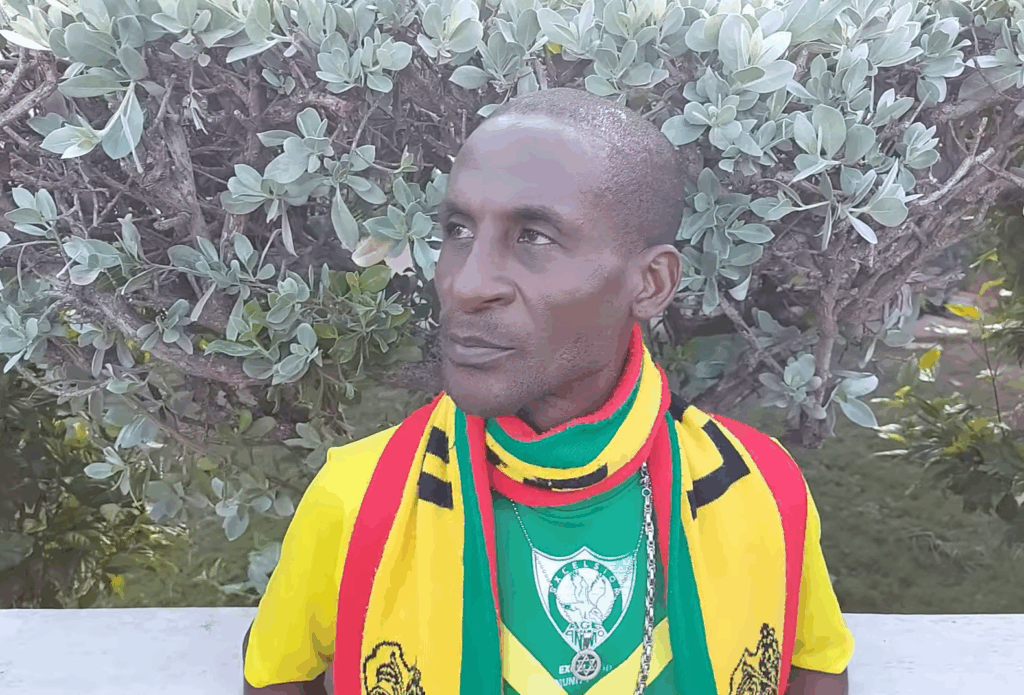
It has not gone unnoticed, but the death of jockey Oneil Mullings, over what an initial investigation has determined, is a simple and silly disagreement, repeating the story of how easy it is for someone to die in Jamaica.
Praise the police all you want for a reduction in murders, generally, but they, too, have questions to answer about how some of those slayings have been executed. And, it is true, that many of those killed by the police deserved to have gone for an early meeting with their maker, but questions still linger about others.
In a war, innocent people will die. Go no further than Europe, and the Middle East, and that becomes quite clear. But there is no war in Jamaica, and the murders, by number, which preceded the start of 2025 were just too many for a country to handle.
In the case of Mullings, I have always thought highly of him, from the one time that I met him at the race track at Caymanas Park in St Catherine.
My friend and avid horseman, Dr Paul Wright, would often attach nicknames to jockeys, trainers and other racing personnel – something that seemed to be always welcome, especially by those so tagged.
Mullings’s trade name, courtesy of Dr Wright, was Lester Piggott – a huge compliment to the rider, who was so named after the legendary Englishman who some would determine to be the best jockey that the racing world has seen.
So, if you are called Lester Piggott, you must be good and heading to greatness. I remember one day while covering a race meet for KLAS FM Sports Radio over 20 years ago, my colleague at the microphone, Maurice Foster, the legendary former Jamaica cricketer, table tennis player and golfer, who also fancied himself as a secret gambler who believed in rakes, got a race programme and sought to pick a winner in a race.

Suddenly, he rushed away from my company, headed to the cashier, and placed a bet. In the end, Foster had looked at his race programme and saw O. Mullings aboard a horse, and at the same time he spotted former deputy prime minister Seymour Mullings emerge from the Director’s Box and head to the washroom. That was all Foster needed. He placed J$100 on the horse ridden by Mullings, which went off at long odds at crossed the finish line first. Foster’s winnings could treat all members of the crew to whatever they desired.
He got a roasting though, for being too stingy in placing only $100 on the horse and its rider, but he, too, held Oneil Mullings in high esteem after.
Another man who contributed to his fraternity of choice – racing, Mullings, at 49, has gone much too soon. It comes down, again, to how easy it is for people to die violently in Jamaica, as the systems are not in place to dissuade killers from slaughtering others. And, brute force by the police will only last for a while.
People are still living in fear. Not one individual who has burglar bars at home has started to take them down. Therefore, we should be on the lookout for more disputes – the one involving Mullings said to be between himself and two brothers – to continue to happen.
Holness and Golding can sort out a simple matter

An October 3 letter from Opposition Leader Mark Golding, which he made public in response to one from Prime Minister Andrew Holness, caught my eye with keen interest.
In essence, the prime minister had written to Golding, inviting him to meet with Justice Minister Delroy Chuck to pursue an agenda for constitutional reform.
It follows a naturally failed attempt to lead the process by former Minister of Legal and Constitutional Affairs, Marlene Malahoo Forte, who, surprisingly, has not been invited to rejoin the PM’s Cabinet after the September 3 general election…or not yet at any rate.
Golding’s position is that the prime minister should meet with him, and not with the justice minister just yet, to prepare the cricket pitch for action. Nothing is wrong with that. Maybe the PM should have invited Golding to a meeting with himself and Chuck to plot the road ahead, which would seem quite logical.
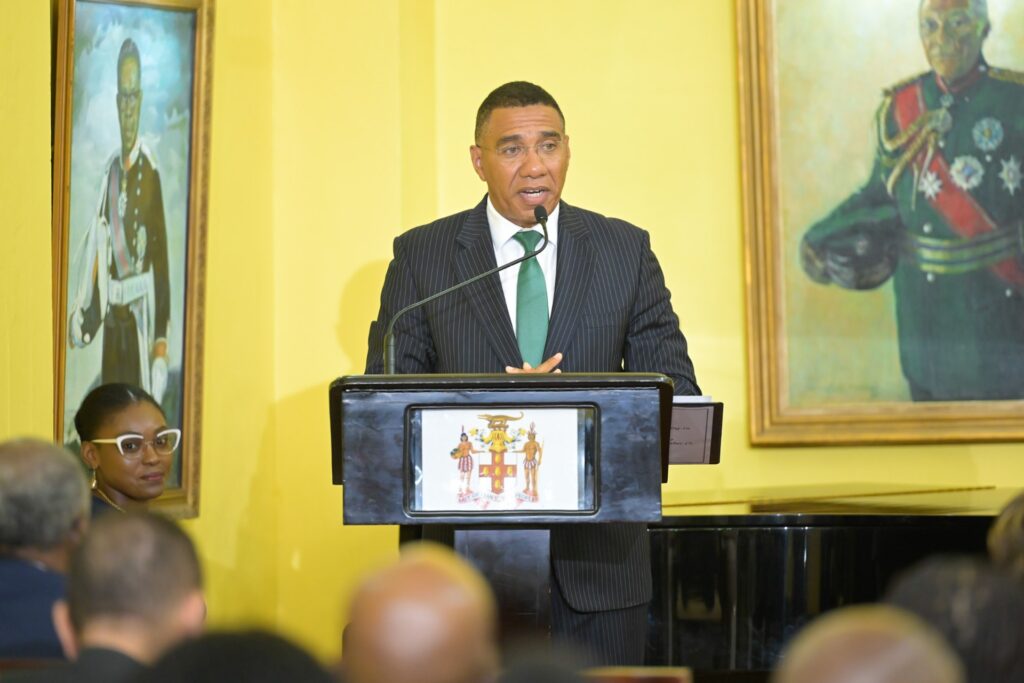
Even if Holness believes that he could fall short of the mark where legal jargon is concerned, Chuck would be there to guide him in such a discussion.
It is not something that I believe cannot be adjusted, for the good of Jamaica. That should be the approach, henceforth. You cannot go wrong with authentic collaboration.
Jamaica can do without Mason Greenwood

The mad rush to have former Manchester United footballer Mason Greenwood wear the black, green and gold outfit for Jamaica is a travesty.
Greenwood qualifies to represent Jamaica through heritage … his father being Jamaican by birth, but the energy that the Jamaica Football Federation (JFF) has expended to acquire the forward here is akin to bowing and begging.
Greenwood wanted to get selected for England, obviously, but he will not be. It has little to do with his ability, but he is tainted, even after the dropping of charges related to assault, attempted rape, and controlling and coercive behaviour, which were thrown in his lap two years ago.
He received a Jamaican passport earlier in March, but almost seven months later, he has not made himself available to represent his father’s country, despite being physically fit and active in European football.
Greenwood, perhaps, does not realise that now is the only chance that he has of playing in the World Cup. For it is virtually impossible that Jamaica will not qualify for the largest tournament of its kind next year, to be hosted by the United States, Canada, and Mexico.
It would be a shame if the JFF went ahead and included Greenwood after all the hard work was completed in qualifying by the crop of players who have made themselves available. That should not happen.

After Jamaica’s group qualification matches away to Curaçao on October 10 and Bermuda at home on October 14, Greenwood must be given an ultimatum of seven days to confirm that he will represent Jamaica in the next match of the international schedule or be told where in the ocean he should jump off.
Prima donna behaviour is to be abhorred in any sport, and Greenwood is simply not worth it.
It is bad already that so many footballers, based in the United Kingdom, who do not know what Cross Roads, Sam Sharpe Square or Linstead look like, or how to communicate by using native pepper-steak words, are representing Jamaica.
Send comments and feedback to [email protected].



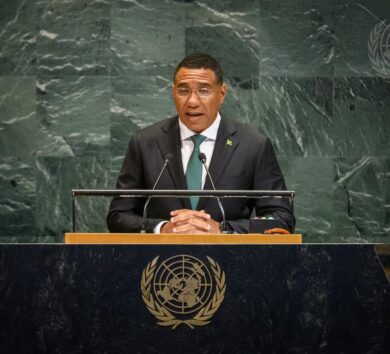

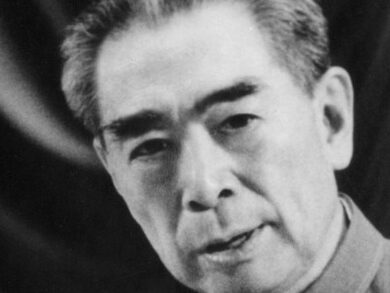
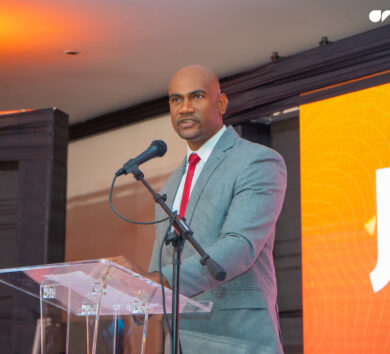
Comments